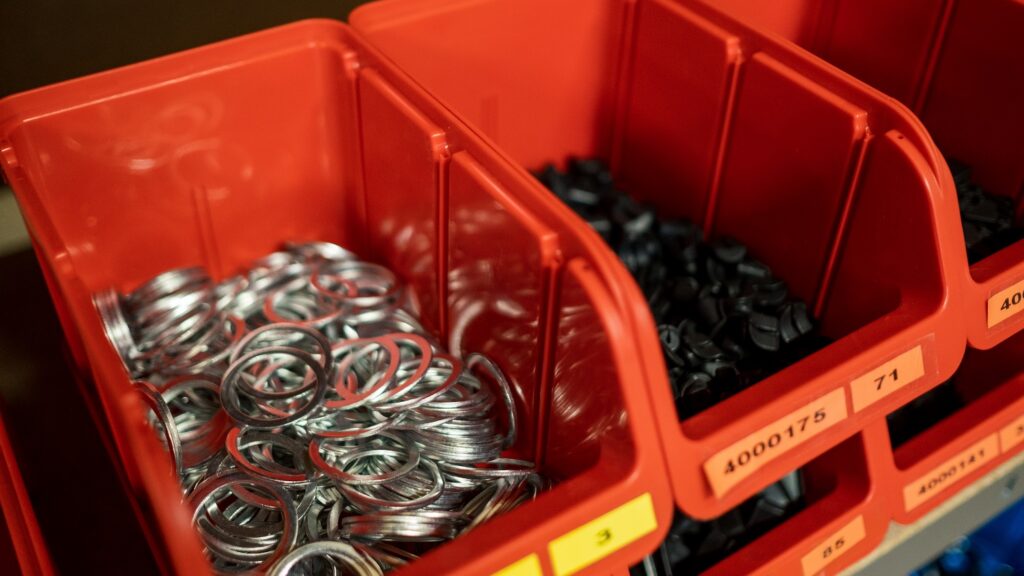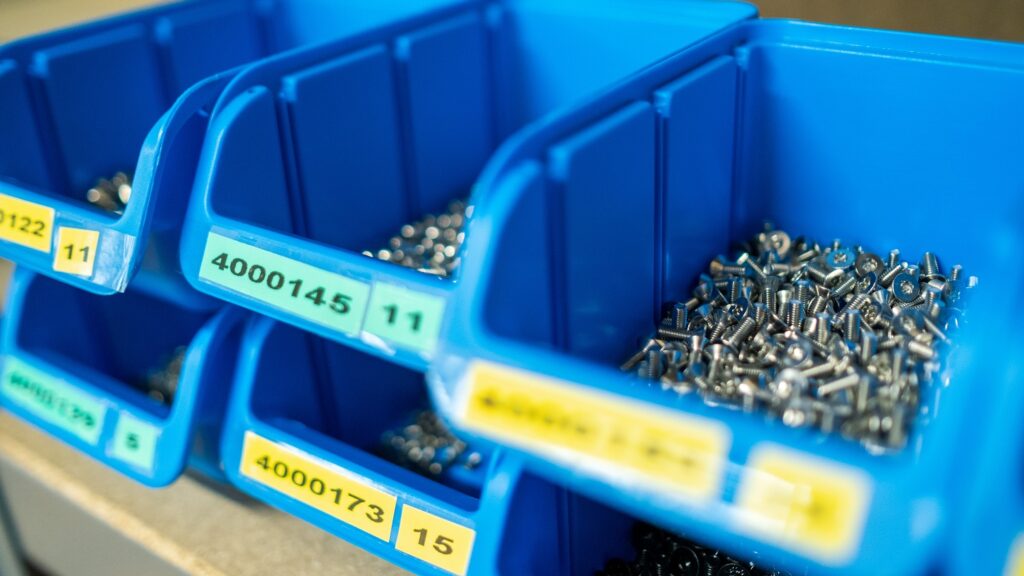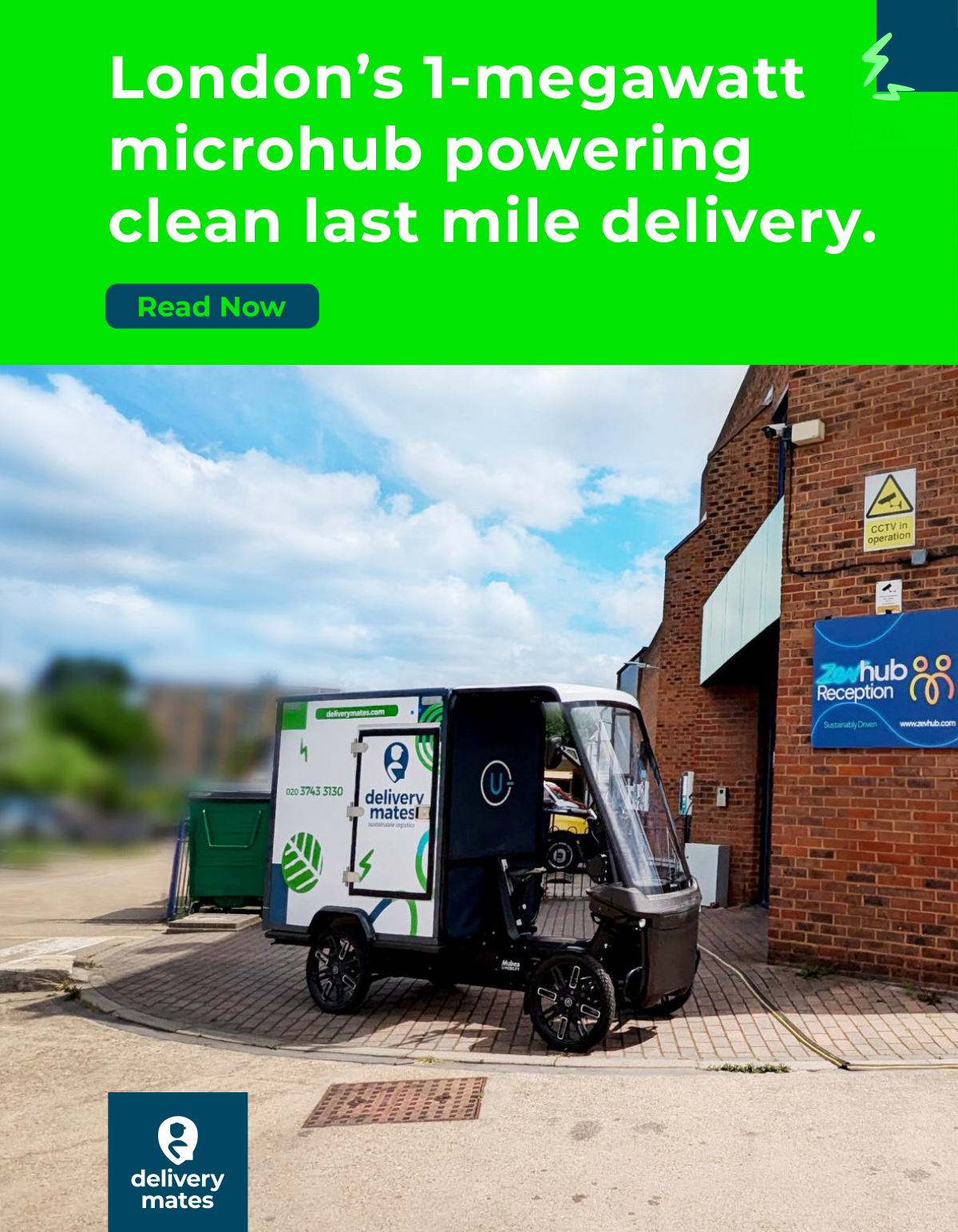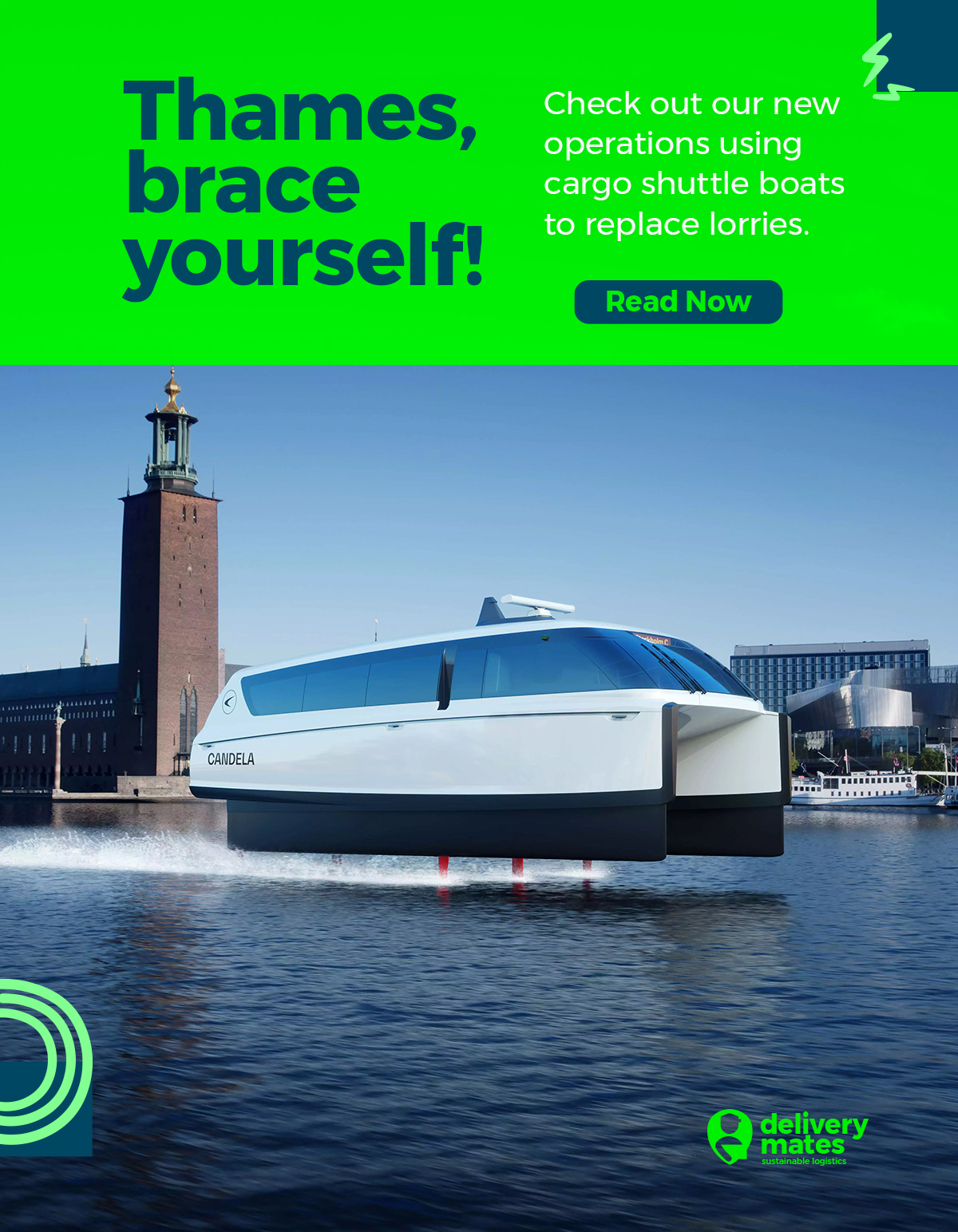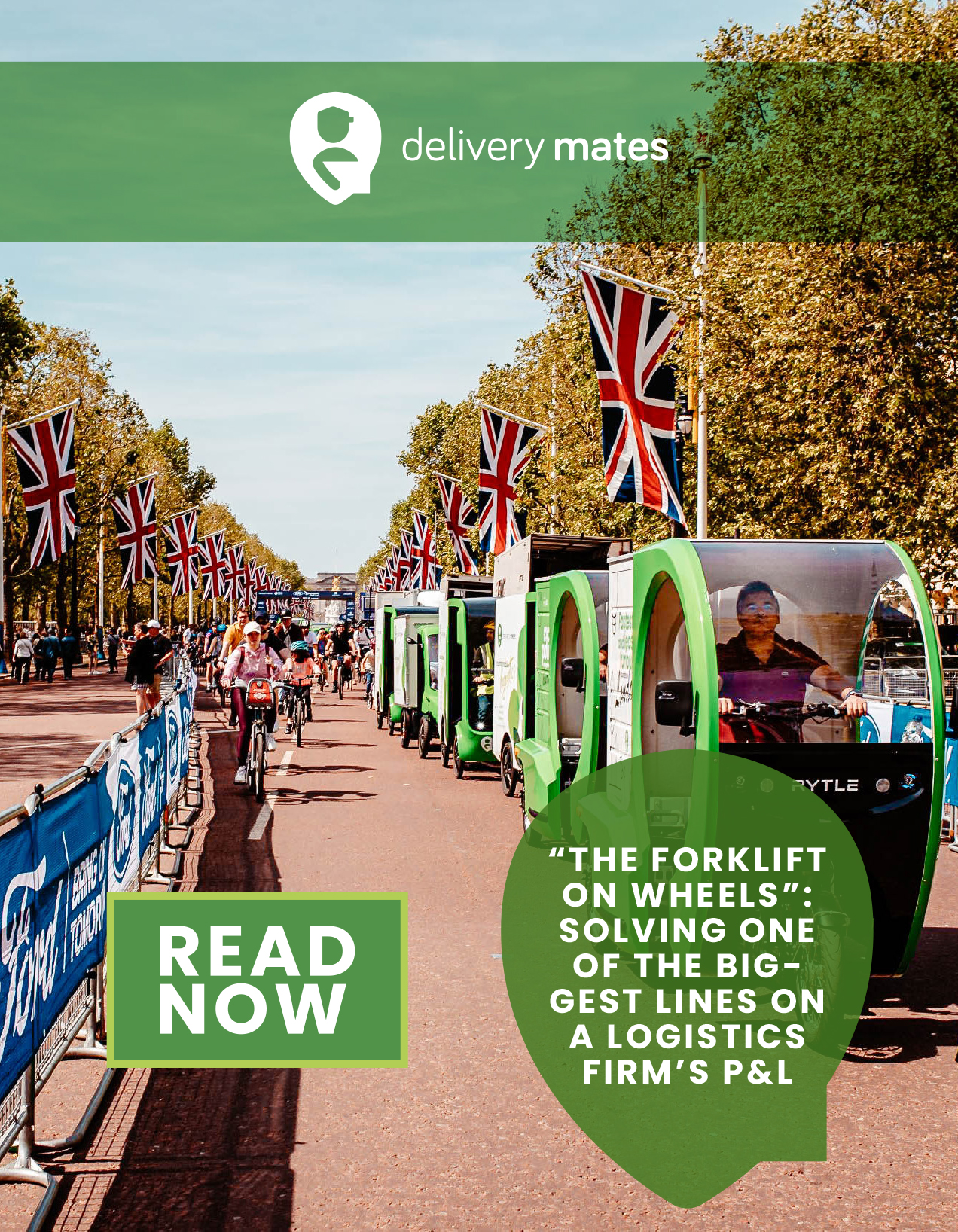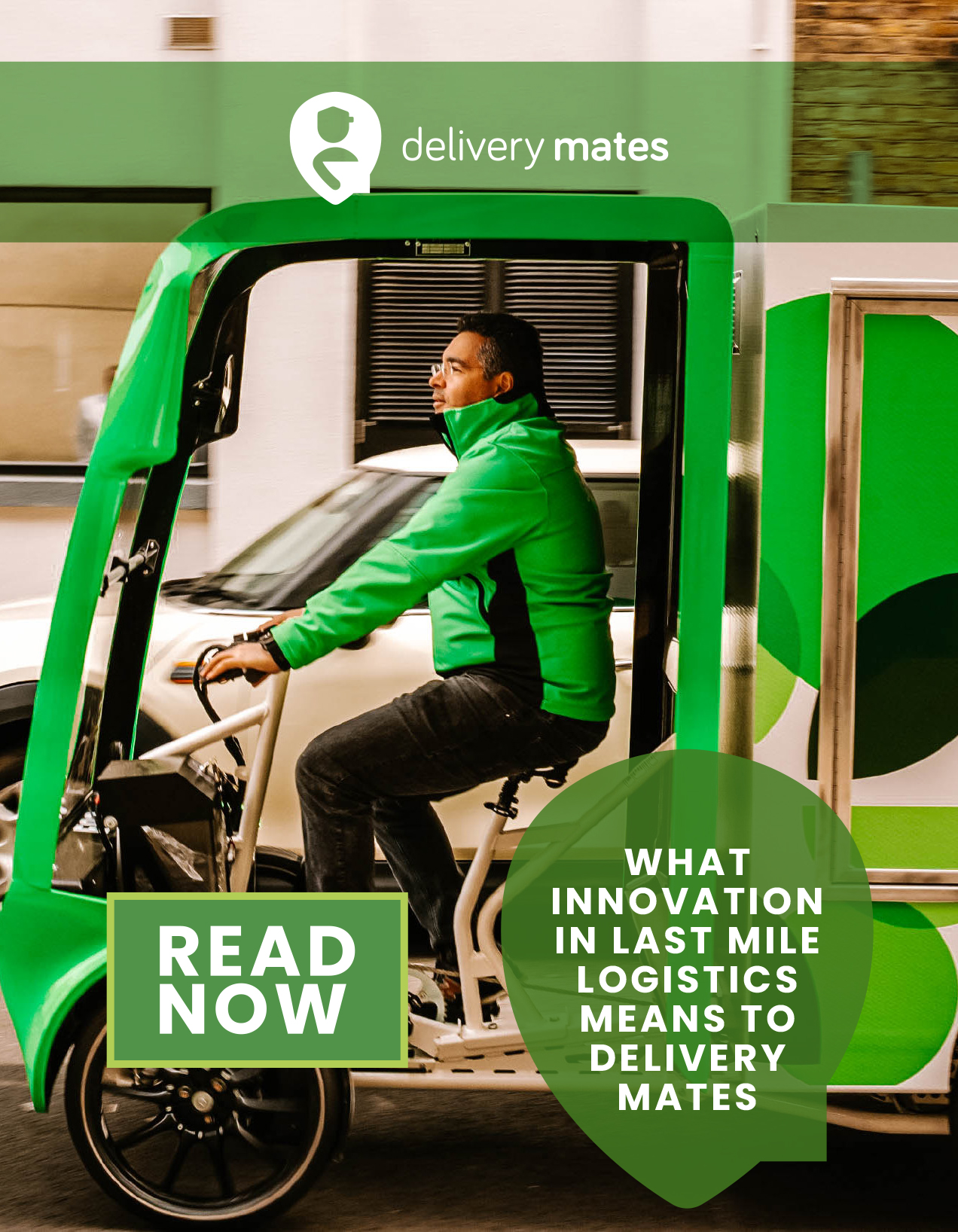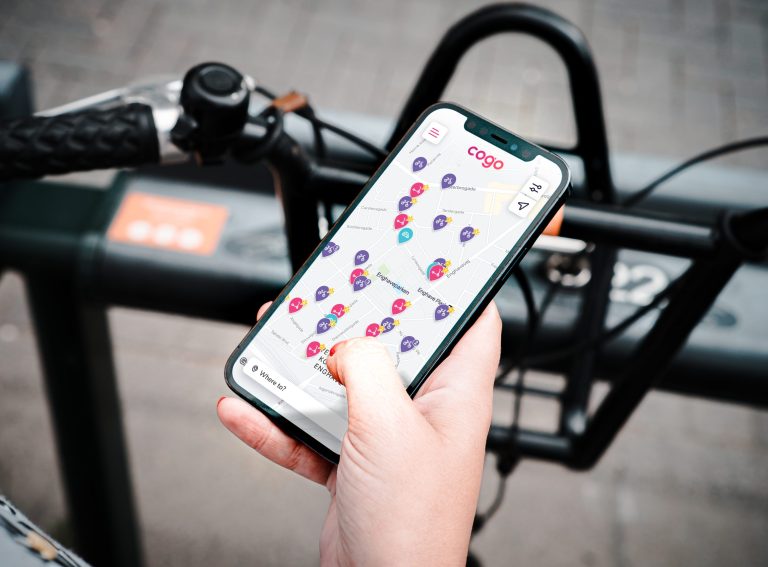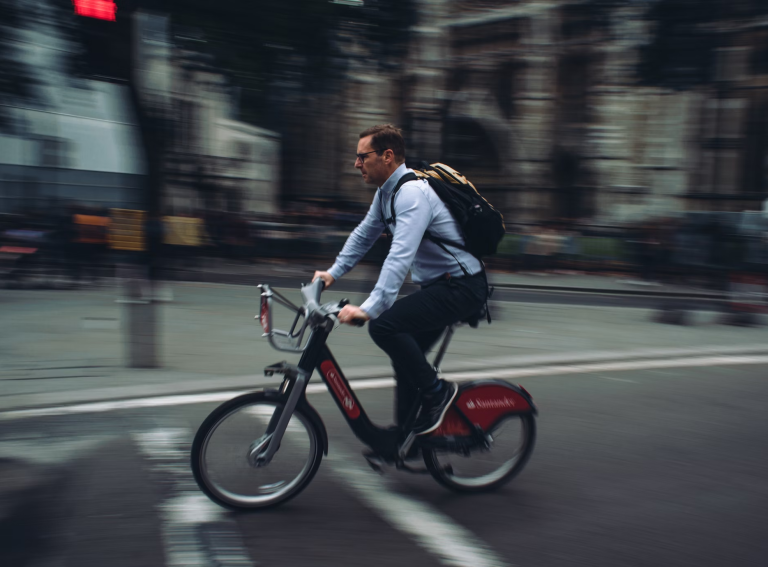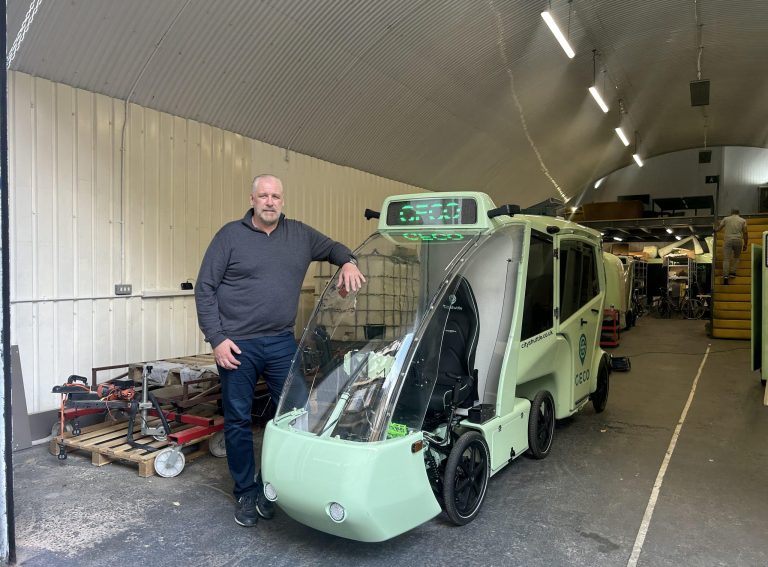Nicolas Gorse used to build Ford F150 pickup trucks in Detroit and battery boxes for Tesla in California. The former automotive plant manager now runs country operations for Dott in France. His automotive-styled approach to extreme efficiency in production has filtered into every corner of the e-scooter operator’s Paris base.
The facility is a 20,000sq m building but it is much more than simply a storage warehouse. In one area, charging racks run along three long walls. Divided into separate bays for safety, the infrastructure can replenish 1,000 lithium-ion batteries simultaneously. Dott uses a scooter model with swappable batteries; the warehouse team currently charges two to three thousand batteries every day.
In another area, Nissan NV200 electric vans are charging, too. Dott has 15 of the e-vans and six cargo bikes to manage its fleet of 5,000 e-scooters in the French capital city, including ferrying all those batteries around, making on-street repairs and moving any scooters that have been parked out-of-bounds. (Scooters must be moved within three hours if they haven’t been parked in approved areas.)
“Every scooter gets a visit every 10 rides,” Gorse explains. “They also get a check-up when the battery is changed.” Preventative maintenance can be performed in situ, including changing damaged QR codes and the like. Gorse says only around 20 scooters a day need this light touch. More serious repairs are made back at base.
There were 34 e-scooters awaiting repair when I took a virtual tour of the facility. Gorse says that is about average. In total, some 50 scooters are repaired every day, or around 1% of the fleet.
Those scooters that do warrant more detailed attention are sorted and stored by failure type at the warehouse. Mechanics sit in spacious work bays. Each has an adjustable chair (“This is the fourth one we tested and we think this is now the one,” Gorse says) and an adjustable work bench on scissor lifts, so that technicians can maximise their work station comfort. Each bay is assigned to a specific mechanic and is not shared, which helps with Covid working.
That level of detail in finding the right chair carries through the entire operation. “We are obsessed with waste,” Gorse admits. “It’s the first KPI on our weekly meetings.”
Scooters that have reached the end of their lives are stripped for parts. Everything that can be reused is catalogued and transferred into colourful boxes, kept near the mechanics’ area. Should they need a spare part, this is where they go first. A separate room, further away, holds new spare parts, only used if there aren’t any used bits available. On the front of each box is the spare part name and number, a little photo of what it should look like, and an inventory tab. The items in each box are counted daily and recorded on the label.
The team has a term for this process of cannibalising dead scooters to keep the fleet healthy: they call it “vampirisation”.
“We re-use first and recycle where we can’t,” says Gorse. “But even recycling is waste, right?”
“Free-floating is dead. It’s all about smart parking.”
nicolas gorse, dott
The scooters awaiting a spruce-up all look relatively shipshape. Gorse says that vandalism was a big problem in the early days of the Paris programme but that stringent parking protocols solved the issue virtually overnight. “When we instituted strict rules on parking, the vandalism drastically reduced,” he says. “I can’t see anything here today that has been voluntarily damaged.”
For contrast, he showed me a scooter the Dott team had pulled out of the Seine a while back. It was mangled beyond recognition, like something out of horror film.
“It’s now forbidden to park near the Seine,” says Gorse. Doing so carries a €30 fine.
Even scooters that do occasionally end up in the river are fair game for the Dott vampirisation programme, although the electronics are separated and stripped instead of being reused, for safety.
“Free-floating is dead,” Gorse declares. “It’s all about smart parking.”
The Paris base employs a team of 50, who are all also shareholders in the company. “I have nothing against the gig economy,” explains Gorse. “But the internal model works because everyone is interested in keeping the assets safe. For our jobs, for our city, and because we’re shareholders. The overall attitude of being obsessed with waste – whether time or resources – creates a sustainable business model.”
From this facility, Gorse can alter geofencing parameters in any of Dott’s French cities in a matter of minutes. He shows me a real-life example. This weekend in Lyon, where Dott also runs an e-scooter programme, demonstrators will be flocking to a particular spot. Gorse zooms in on the area on his computer, boxes it off and – hey presto – there’s a slow-ride zone where scooters can’t travel any faster than walking pace.
There are lots of other options at his fingertips – including no parking, no riding, and imposing varying levels of fines – all of which can be switched on and off with the click of a mouse.
“This is mass transit but decentralised,” Gorse says. “You have the power to regulate the vehicle itself. If you think about, this is really powerful. This crisis is super painful but it’s letting new models in.”
If London and other big cities across the UK go for scale in their shared e-scooter programmes, Dott’s Paris facility offers a glimpse into how even large fleets can be managed fast, efficiently and with obsessive attention to detail.

